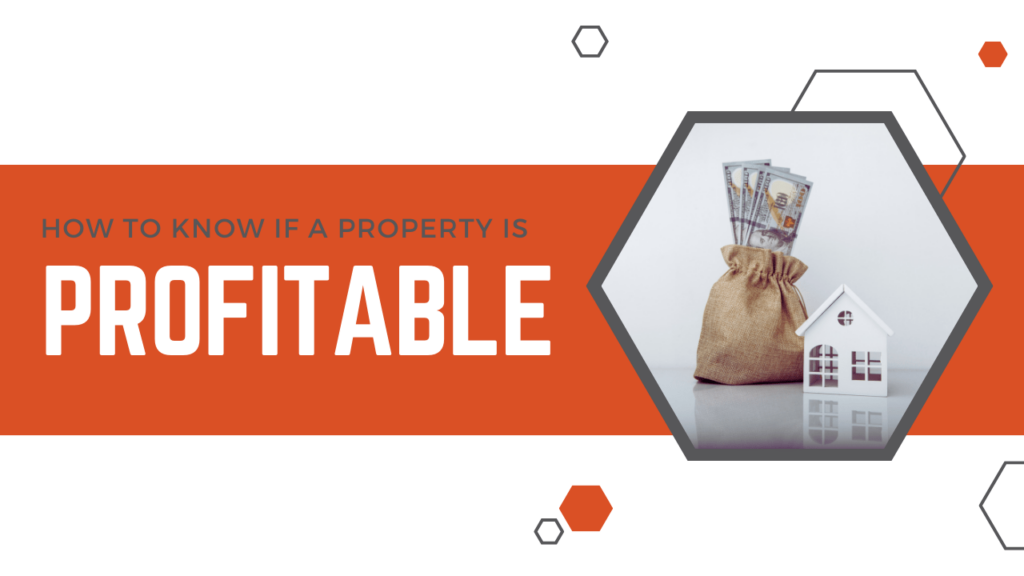 We talk a lot about the value of investing in multifamily properties, especially in markets like Pocatello and Idaho Falls. If you’re a real estate investor looking for a way to earn consistent and reliable income on an appreciating asset, this is your market, and multifamily units are your best asset class.
We talk a lot about the value of investing in multifamily properties, especially in markets like Pocatello and Idaho Falls. If you’re a real estate investor looking for a way to earn consistent and reliable income on an appreciating asset, this is your market, and multifamily units are your best asset class.
These investments help you minimize the risk of vacancy and lost income. Even if one tenant moves out, you know you’ll have rent coming in from your other tenants. Multifamily units are also profitable investments because they provide positive cash flow while your tenants continue to pay down what you owe on the property. If you’re making consistent improvements and keeping your units well-maintained, the increasing rental and property values will leave you with some impressive returns on investment (ROI).
Of course, you’ll only meet your investment goals if you buy the right property. How can you spot a profitable property in Pocatello or Idaho Falls? We have some tips.
Logistics Around a Profitable Investment Property
There are several variables that will impact whether or not a particular property becomes a profitable investment. Your own goals will influence how you think about prospective investments. The market itself will either make a property more profitable or less profitable.
But, not everything depends on how you define success and what the current sales and rental markets are doing. There are some standard logistical analytics that can tell you if you’re on the right path when you’re thinking about a new rental property.
- Focus on Well-Maintained Rental Properties
A lot of investors look for fixer uppers and distressed properties that need a lot of work. It’s part of their investment plan; to buy cheap, make improvements, and sell for more. This is an ideal strategy under many circumstances, but it has to be your strategy. If buying and flipping rental properties is not what you’re all about, then don’t make the mistake of buying a property that needs a lot of rehab and renovation work.
It’s tempting. The price tag is usually lower on these properties, and you can be drawn into the romance of putting your personal touch on the property as it’s being renovated. But, you have to remember – you’re looking for an investment that’s profitable.
You can spot a profitable rental property by noting that it’s well-maintained.
When you want to earn a healthy profit off your new investment, you’ll want to find something that’s already in good condition. Cosmetic upgrades and modern updates should always be expected, but you don’t want to spend a lot of time and money renovating the entire property. It will only delay the cash flow you can earn and might even put you into debt. You’ll have to wait weeks and maybe even months to even list it on the market. That’s not profitable.
Before you close the deal, have the property inspected for a solid structure and foundation, with no apparent defects. Make sure all health and safety standards have been met and take a look at stairs, elevators, and communal spaces. Get inside specific units to see how they look and what kind of work may be needed before the vacant units are ready for the market.
- Size Matters.
Whether you’re investing in a handful of units or you’re buying an entire building, the size of your property will dictate what you spend, what you earn, and what type of management you’re going to need. When you’re looking for a profitable rental property to acquire, make sure you’re considering your capacity, your property management team’s capacity, and how many tenants and units you actually want to be responsible for.
A duplex, for example, requires a different approach than an apartment building with 50 units or an even bigger building with 500 units.
The size of your investment will impact the amount of capital you need to buy it. It will also impact your maintenance and renovation costs as well as your property management needs. Plan for this before you begin looking at potential acquisitions.
A profitable investment will allow you to provide high quality, well-maintained homes without too much negative cash flow in the beginning of your rental process.
- Dig Into Vacancy and Tenant Retention Data
We work with a lot of real estate investors who are interested in buying properties that are already occupied with existing tenants. This can be a generally good idea; you don’t have to worry about immediate vacancies, so you’re on your way towards being profitable.
Not all tenants are the same, however. You’ll want to investigate and dig into tenant quality. Are these tenants paying rent on time? Are they having a positive rental experience or are they constantly at odds with their current landlord? If there’s a high retention rate, that’s an excellent sign. It means consistent rental income and fewer vacancy and turnover costs.
You won’t find a profitable investment property that’s quick to lose tenants. When residents are eager to leave, it means there’s a problem with property management or with the building itself. Review the leases of any occupied property that you’re planning to buy so you know when your tenants might vacate. If leases are rarely renewed, find out why. Is it a problem you can solve?
Profitable Investment Properties are Well-Located
Location always matters, and you can leverage a good neighborhood to attract high-quality residents and favorable rental values. No matter what the market or how high the price, the right location tells you that you’re looking at a potentially profitable investment.
This must be one of your first considerations when you’re deciding whether you want to invest in a building, a unit, or a community. Remember that remote working means that more and more tenants can choose to live wherever they want. While you might have purposely invested in properties that were close to employers and commuter routes years ago, this is less necessary now. Think about what makes a good location for prospective tenants; schools, access to shopping and restaurants, parks, and safety.
Be choosy when you’re looking at Idaho investments and their neighborhoods. Are they located in a walkable area or close to roads that are easy to navigate? Is there reliable parking? Are restaurants, shops, grocery stores, and entertainment close by? People want privacy and space while still feeling like they’re part of a community.
Crunch the Numbers and Do Your Math
A profitable rental property will earn you as much rent as the market supports. It won’t lose you money on long vacancies and frequent turnovers. If you come across a building that’s been plagued with vacancies or a neighborhood flooded with empty homes for rent, you may have a hard time finding tenants. Look elsewhere.
Figure out how much you need to earn in rent in order for the investment to be profitable. Get an idea of what the area’s average rental range is, and make sure you can afford that. Don’t forget to factor in your estimated costs. A good investment property will guarantee short-term income through rental payments and long-term returns through appreciation and increasing values. It’s fairly easy to estimate what you’ll earn, and when you identify a property with high earning potential, you know you’re looking at a profitable investment.
Expenses can be more difficult to estimate.
You don’t pay for the property once and then forget about it. Instead, there are ongoing expenses thanks to marketing, maintenance, professional property management, vacancy, and other fixed and variable costs.
You can’t anticipate every expense when you’re deciding whether or not to invest in a property. But you can budget accurately and set aside a reserve for any of those sudden surprises.
When you’ve identified a potential opportunity, try to get an idea of what these fixed expenses will be:
- Mortgage
- Property taxes
- Homeowner’s insurance
- Property management fees
- HOA fees (if applicable)
- Preventative services such as landscaping and pest control
Variable expenses will almost always be more challenging to predict. These will be your unexpected repair costs, vacancy costs, and general wear and tear.
The right investment property will allow you to at least identify where the most of your money will be spent.
Will Tenants Want to Rent This Property?
You can spot a profitable investment property when you look at it from the perspective of a tenant.
Tenants care about location. They also care about property conditions. Residents want to rent an attractive, well-maintained home. They’ll want updates and upgrades. A profitable investment property is nearly ready to rent. A few cosmetic changes aside, you’ll want to be able to collect rent right away. You can’t do that if you’re spending weeks or months fixing it up.
Before you buy an investment property, think about how tenants will respond once you list the property and begin showing it. Will they be eager to fill out an application, or will they go in search of something else?
 We’d love to talk about your investment goals and which properties in our market can help you meet them. When you need help spotting a profitable investment property, please contact us at Jacob Grant Property Management.
We’d love to talk about your investment goals and which properties in our market can help you meet them. When you need help spotting a profitable investment property, please contact us at Jacob Grant Property Management.
